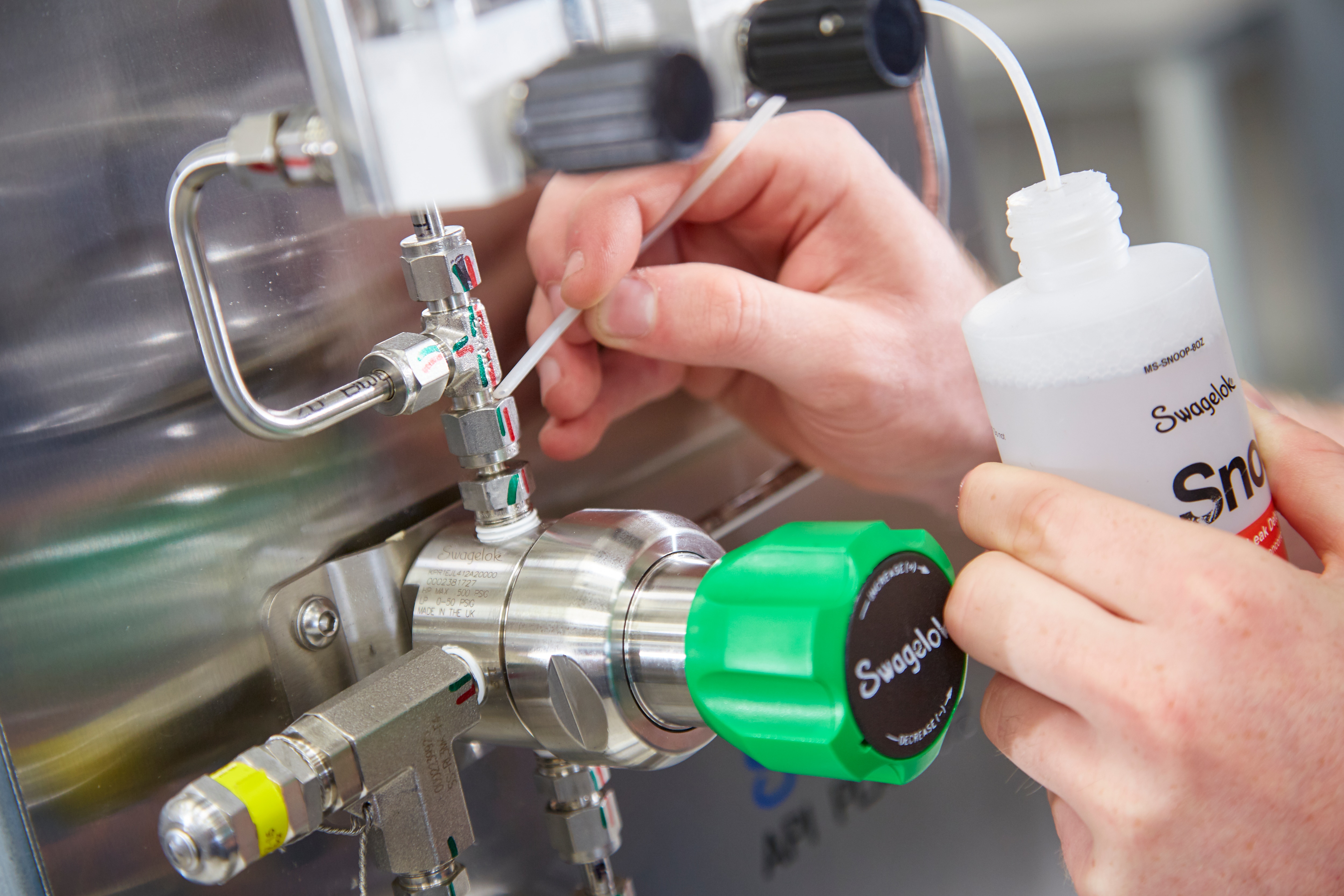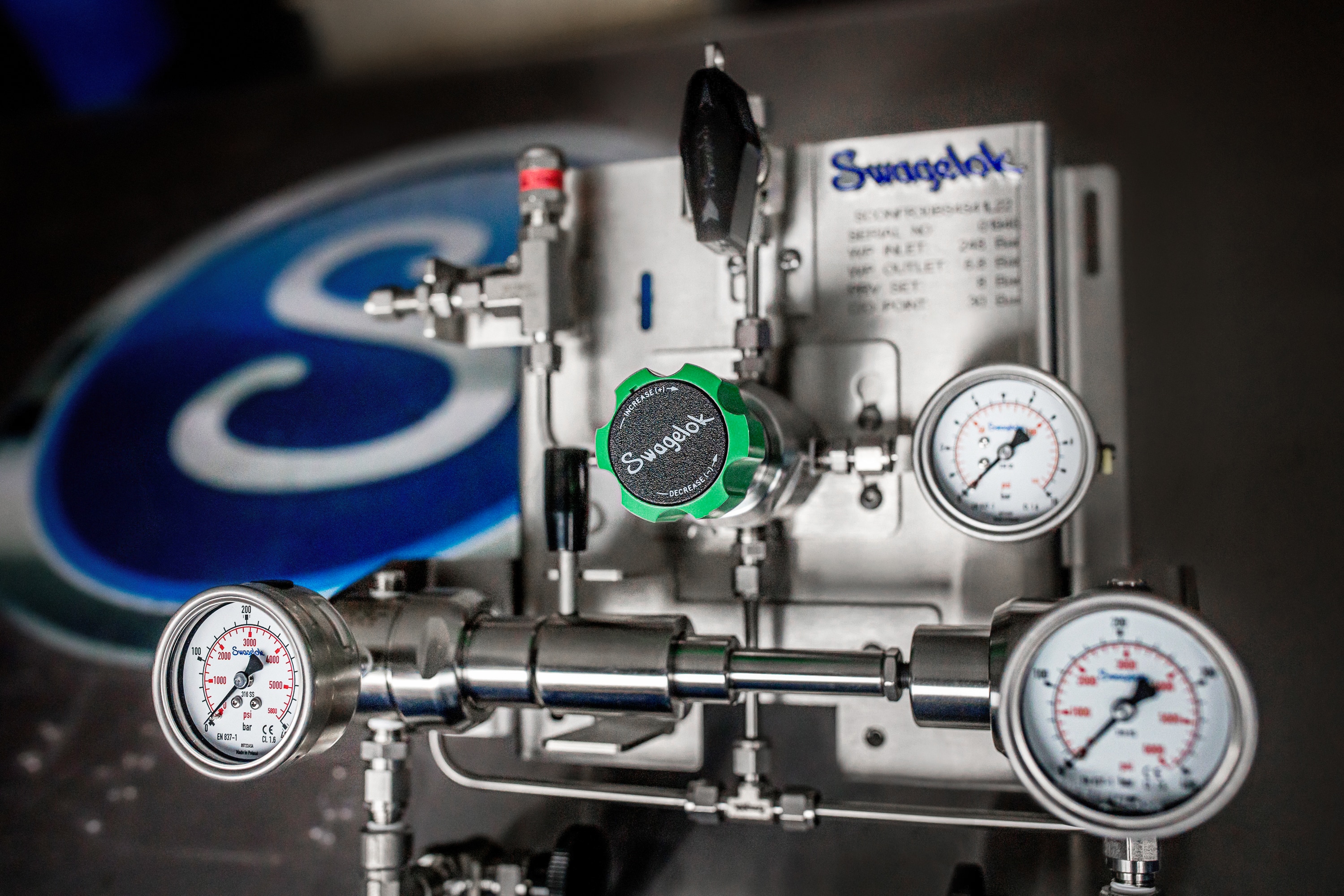Understanding Gas Leak Detection Services: Importance and Best Practices

Understanding Gas Leak Detection Services: Importance and Best Practices
Gas leaks can pose serious risks to both personal safety and property. Undetected gas leaks can lead to explosions, fires, and the release of toxic fumes, putting individuals and entire communities in danger. These leaks can also result in significant financial losses, from property damage to costly repairs and environmental remediation. Addressing gas leaks promptly and effectively is crucial to maintaining a safe and efficient operation.
Importance of Regular Gas Leak Inspections
Routine gas leak inspections are a critical component of a well-designed safety program. These inspections, conducted by trained professionals, can identify potential issues before they escalate into larger problems. Regular assessments allow for the early detection and repair of leaks, minimizing the risk of accidents, environmental harm, and costly downtime.
Despite the importance of gas leak detection, several misconceptions can hinder effective prevention and response efforts. Some believe that gas leaks are rare or easy to detect, while others may assume that their current safety measures are sufficient. Addressing these misconceptions through education and awareness is crucial for promoting a culture of safety and proactive maintenance.
Best Practices for Gas Leak Detection and Prevention
Implementing a comprehensive gas leak detection and prevention program is essential for ensuring the safety and efficiency of any facility or operation.
1. Regular Inspections
- Conduct routine checks of all gas lines and related equipment.
- Use a checklist to ensure all potential leak points are inspected.
- Schedule inspections at regular intervals and after any significant event (e.g., an earthquake).
2. Specialized Detection Equipment
- Install fixed gas detectors in critical areas to provide continuous monitoring.
- Use portable gas detectors for spot checks and inspections.
- Ensure all detection equipment is calibrated and maintained according to manufacturer specifications.
3. Maintenance and Repair Protocols
-
Develop a maintenance schedule for all gas-related equipment
-
Promptly repair any identified leaks or faulty equipment.
-
Keep detailed records of maintenance activities and repairs.
4. Employee Education and Training
- Train employees to recognize the signs of a gas leak, such as the smell of gas, hissing sounds, or dead vegetation near gas lines
- Conduct regular safety drills and training sessions on emergency response procedures.
- Provide clear instructions on how to report a suspected gas leak.
5. Emergency Response Plan
- Develop a comprehensive emergency response plan that includes evacuation procedures.
- Ensure all employees are familiar with the plan and know their roles during an emergency.
- Regularly review and update the plan to address any changes in operations or regulations.
6. Use of Safety Valves and Shut-off Systems
- Install automatic shut-off valves to stop gas flow in the event of a leak.
- Regularly test and maintain these systems to ensure they function correctly.
7. Collaboration with Local Authorities
- Establish communication channels with local fire departments and emergency services.
- Share your emergency response plans and coordinate joint drills when possible.
8. Compliance with Regulations
- Stay informed about local, state, and federal regulations regarding gas safety.
- Ensure all practices and equipment meet or exceed regulatory standards.
Implementing these best practices can significantly reduce the risk of gas leaks and enhance the overall safety of a facility.
Why Gas Leak Detection Services are Important
Partnering with a professional gas leak detection service can provide numerous benefits for any organization. These experts possess the specialized knowledge, equipment, and experience necessary to accurately identify and address gas leaks, ensuring the safety and efficiency of your operations. In leveraging their expertise, you can minimize the risk of accidents, reduce downtime, and maintain compliance with relevant regulations.
These experts utilize advanced technologies, such as infrared cameras, ultrasonic detectors, and gas chromatography, to pinpoint the source of leaks with precision. They also provide comprehensive assessments, recommend corrective actions, and assist with implementing preventive measures to mitigate future issues.When selecting a gas leak detection service, consider factors such as industry experience, technical expertise, and a proven track record of successful projects. Look for a provider that can offer a tailored solution to meet your specific needs, whether it's a one-time inspection or ongoing monitoring and maintenance. Ensure that the service adheres to relevant safety standards and regulatory requirements.
Are you confident your fluid and gas systems are leak-proof? Protect your operations and prevent costly downtime with Swagelok's comprehensive gas leak detection services. Don't wait for a problem to arise — take proactive steps to safeguard your equipment and personnel. Contact us today to schedule a thorough inspection and experience peace of mind with Swagelok’s reliable solutions!
Featured Articles

How to Conduct a Comprehensive Leak Check in Industrial Settings
Learn how to perform a thorough leak check in industrial settings, focusing on safety and accuracy. Essential steps and tips for maintaining operational integrity.

Top 5 Benefits of Medium-Pressure Fittings for Critical Industrial Applications
Read our blog and learn more about the advantages of our medium-pressure fittings and why they are recommended in critical industrial applications.

The Safety Advantage: How Instrumentation Training Saves Lives in Hazardous Environments
Read our latest blog to learn how Swagelok instrumentation training saves lives and why it should be a priority in your operations.

Gas Panel Installation: Key Considerations for Safety and Efficiency
Explore key considerations for gas panel installation, focusing on safety and efficiency. Essential tips for ensuring a secure and effective gas system setup.

Building a Reliable Tubing System: What Really Matters
Take a look at our quick guide to building a reliable tubing system.

Lessons from History: Why Instrumentation Training Prevents Tragedies
Read more about the Texas City Refinery Explosion and understand how one lapse in training, instrumentation or safety practices can have devastating consequences.
